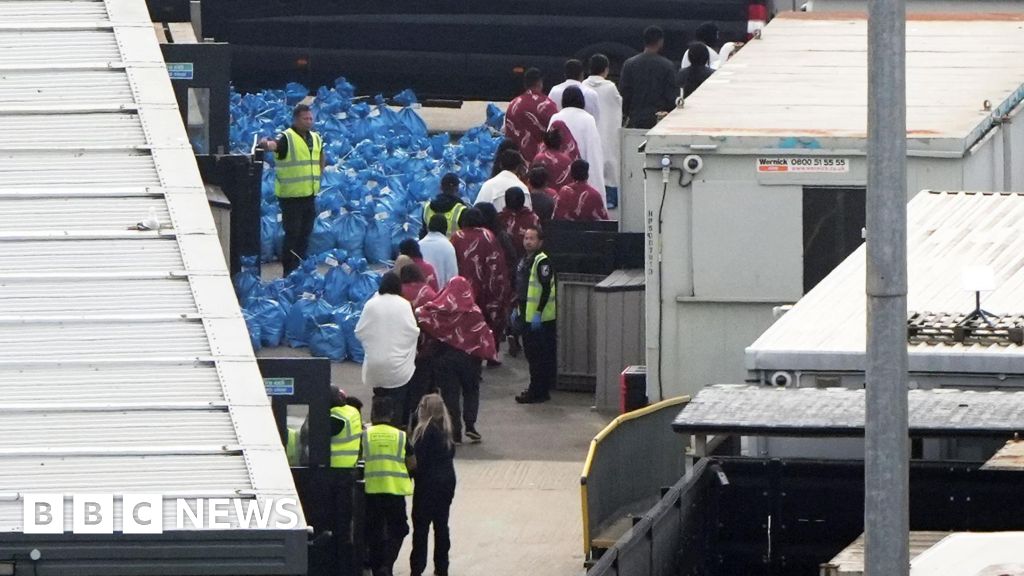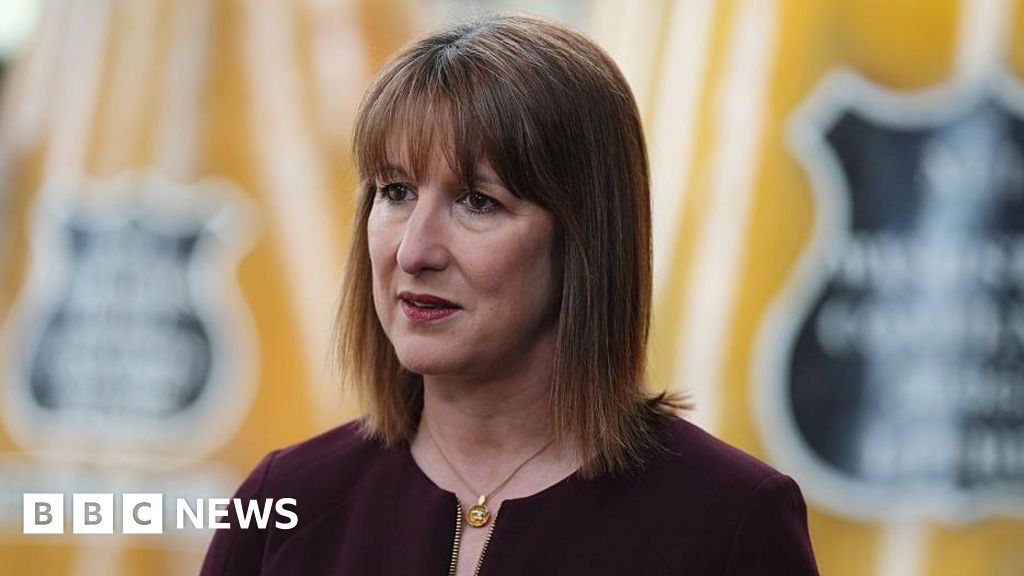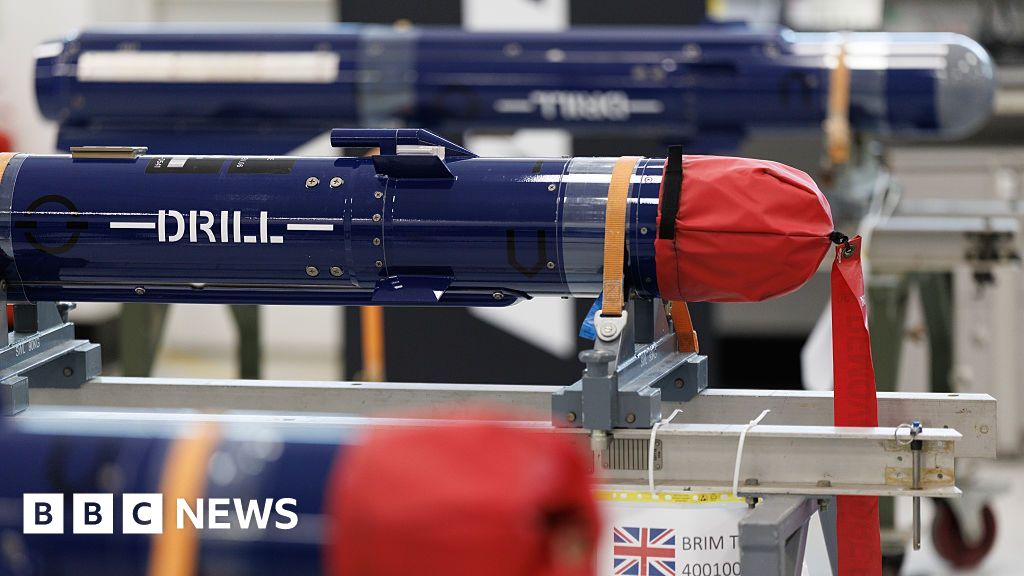ARTICLE AD BOX
By Justin Parkinson
Political reporter, BBC News
The government has promised to tackle sharp rises in the cost of living by boosting the economy, as it set out its plans in the Queen's Speech.
In the speech, delivered by the Prince of Wales in the Queen's absence, it also pledged support for Ukraine and to reduce regional inequality.
But Boris Johnson warned that the government could not "shield everyone" from the effect of global inflation.
Labour said the Conservatives were "not up to the task of growing the economy".
The Queen's Speech, marking the start of the new parliamentary session, is an event of great pomp and ceremony, in which the government unveils its plans.
This year's one contains 38 bills - which ministers will try to turn into laws - covering subjects including energy security, carbon emissions and post-Brexit economic arrangements.
One bill proposes tougher penalties for protest groups, like Insulate Britain and Extinction Rebellion, who use disruptive tactics.
Prince Charles delivered the short address to MPs and peers, after the Queen pulled out for the first time since 1963 because of mobility problems.
The Duke of Cambridge and the Duchess of Cornwall also listened to the speech.
It came amid widespread concerns over the rising cost of living, with the Bank of England warning that inflation could hit around 10% later this year.
None of the bills outlined by the government directly addresses this issue, but the prime minister said wider economic reforms would assist households.
"We must... remember that for every pound of taxpayers' money we spend on reducing bills now, it is a pound we are not investing in bringing down bills and prices over the longer term," he said in an introduction to the speech.
"If anything, this moment makes clear our best remedy lies in urgently delivering on our mission to turbo-charge the economy, create jobs and spread opportunity across the country."
Image source, PA Media
Image caption,Prince William was among the senior royals attending the ceremony
But Mr Johnson added that, because of "huge disruptions to the global economy" caused by Covid and the war in Ukraine, "people in every major country facing real pressures in the cost of living. No country is immune and no government can realistically shield everyone from the impact."
The political parties will spend several days debating the contents of the Queen's Speech.
Labour leader Sir Keir Starmer said: "Times are tough for working people. But they are much tougher than they should be. Some 12 years of the Conservatives have meant low economic growth, high inflation, and high taxes.
"Because the Tories are not up to the challenge of growing the economy, all those tax hikes aren't going into improving public services. Never before have people been asked to pay so much for so little."
There are seven bills which ministers say will help deliver the benefits of Brexit, while a Levelling Up and Regeneration Bill is expected to change planning rules in England.
A Public Order Bill would create a criminal offence, with a maximum sentence of 12 months, of "interfering with key national infrastructure" such as airports, railways and printing presses. This would also make it illegal to obstruct major transport works such as HS2.
The Liberal Democrats called the proposed changes "dangerous and draconian", but Home Secretary Priti Patel argued they were needed to deal with a "self-indulgent minority who seem to revel in causing mayhem and misery".
And the government said the Energy Security Bill would "accelerate our transition to more secure, more affordable and cleaner homegrown energy supplies", the government said.
But opposition parties focused on the cost of living, with Liberal Democrat rural affairs spokesman Tim Farron urging the government to use the speech to help the countryside by protecting farmers from being undercut by global trade deals.
And SNP Westminster leader Ian Blackford accused ministers of a "deafening silence" over potential rises in poverty, saying they had to "deliver desperately needed support to put money into people's pockets".

 3 years ago
42
3 years ago
42








 English (US) ·
English (US) ·